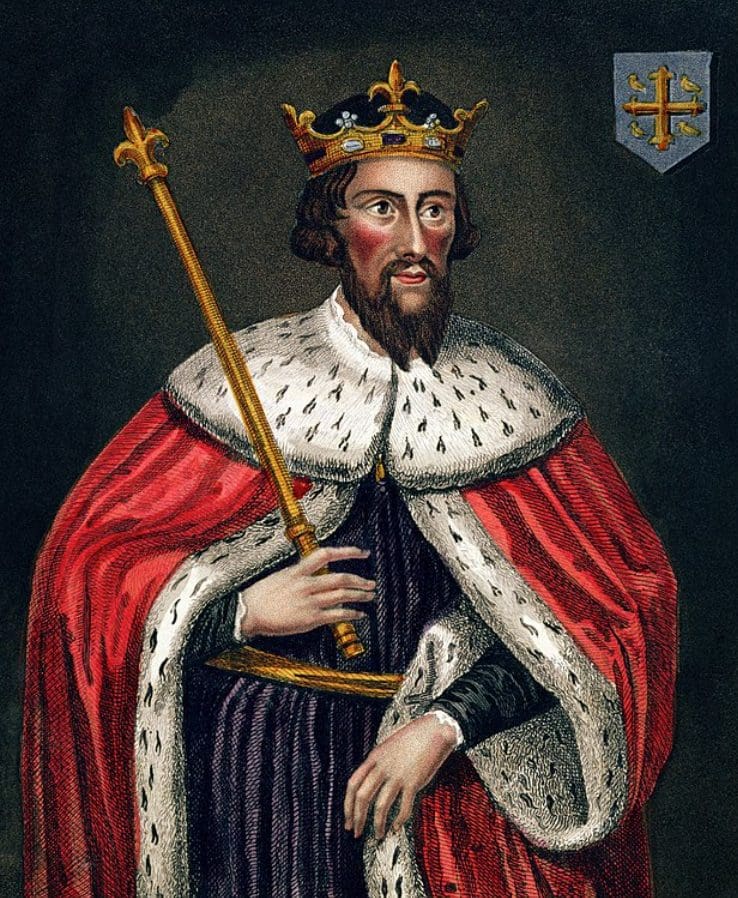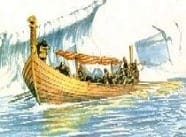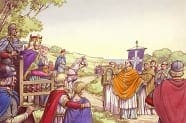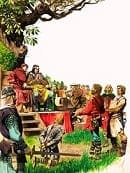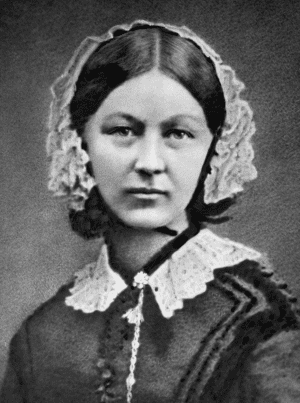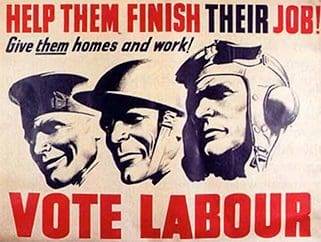
If Churchill’s popularity rating rarely dropped below 80% during the Second World War, why then was there a landslide victory for Labour in 1945?
Building on the obvious paradox of the question, students need to work out for themselves a convincing explanation and be able to create a compelling set of arguments based on evidence. As they work towards THEIR answer they are encouraged to look at the reasons in different ways: labour strengths; Conservative weaknesses; wartime changes; wartime politics. They also consider long, medium and short-term factors and prioritise individual causes.
Learning objectives
- Students classify different types of causes, creating categories of their own e.g. Conservative handicaps, Labour advantages;
- they look at long, medium and short term causes;
- they are able to select compelling evidence to support their arguments;
- they are able to compare the contemporary explanations of shocked Conservatives with those of later historians.
Starter
Set up the

